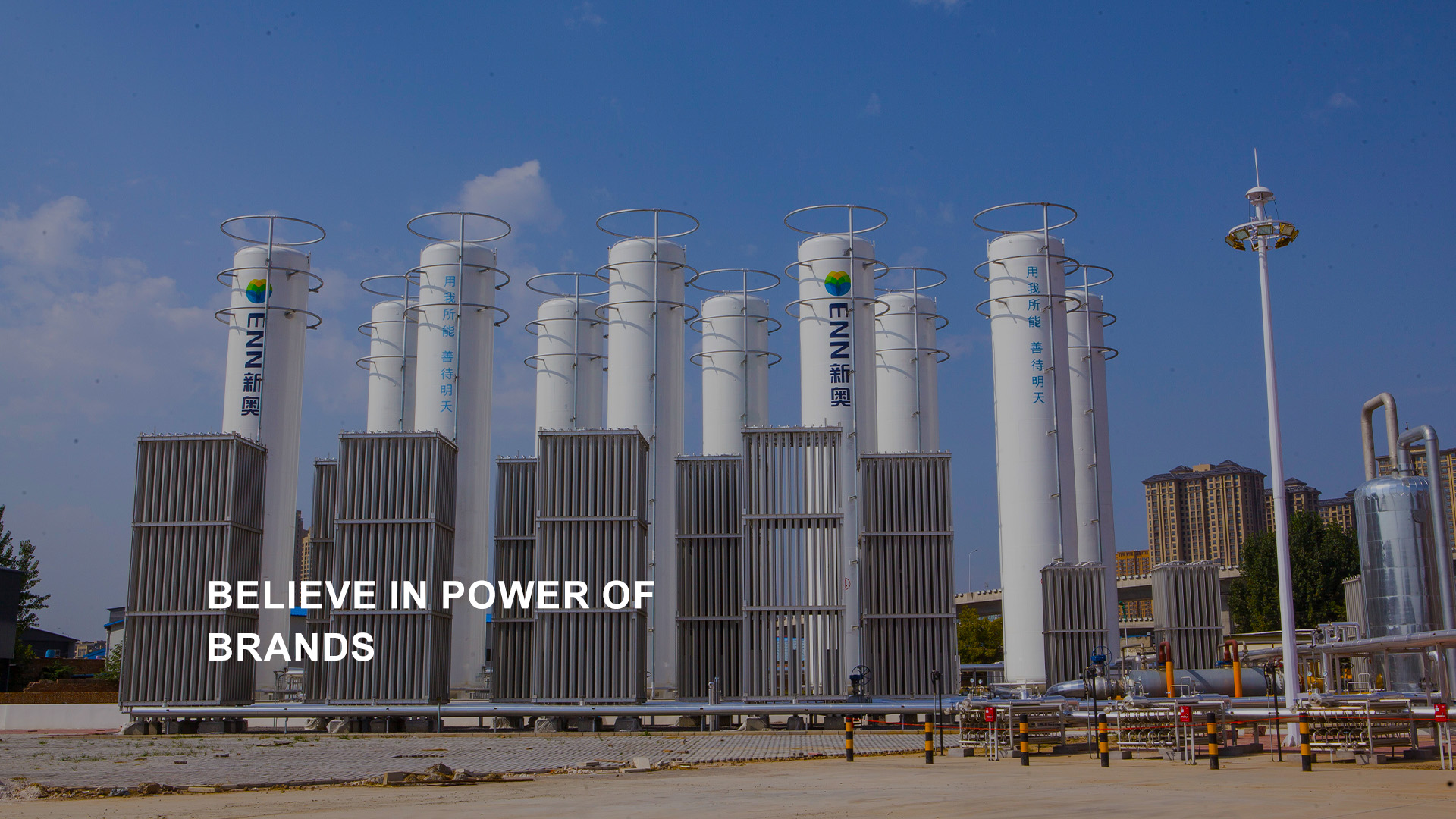
Aug . 19, 2024 19:03
Back to list
Design and Analysis of High-Pressure Vessels for Industrial Applications
Understanding Pressure Vessels Design, Applications, and Safety
Pressure vessels are specialized containers designed to hold gases or liquids at pressures significantly different from the ambient pressure. They play a crucial role across various industries, including chemical processing, oil and gas, power generation, and pharmaceuticals. Understanding their design, application, and safety measures is vital for ensuring efficient and safe operations.
Design of Pressure Vessels
The design of pressure vessels requires a comprehensive understanding of material science, fluid dynamics, and thermodynamics. These vessels must withstand internal pressures that can exceed several hundred times atmospheric pressure. Common materials used in the fabrication of pressure vessels include carbon steel, stainless steel, and occasionally non-ferrous metals such as titanium or aluminum, which offer specific advantages under particular conditions.
The design process starts with determining the intended use and the operating conditions, including temperature and pressure ranges. Engineers must also consider the possibility of extreme conditions, such as thermal shocks or seismic activities. To this end, international codes and standards, such as the ASME Boiler and Pressure Vessel Code, provide guidelines to ensure safety and reliability in the construction and operation of pressure vessels. These guidelines dictate design factors, including thickness, shape, and components, to mitigate the risks associated with high-pressure environments.
Applications of Pressure Vessels
Pressure vessels serve an array of critical functions across different sectors. In the oil and gas industry, they are used to store and transport hazardous materials, such as natural gas and petroleum products. In chemical manufacturing, pressure vessels play a vital role in reactors and distillation columns, facilitating chemical reactions under controlled pressure and temperature conditions.
In the power generation sector, pressure vessels are essential components of steam boilers, where water is heated under pressure to produce steam for driving turbines. Moreover, in the pharmaceutical industry, they ensure safe storage and handling of volatile substances, maintaining the integrity of sensitive compounds at controlled conditions.
pressure vessel

The versatility of pressure vessels extends even to everyday applications. For instance, household appliances such as pressure cookers are scaled-down versions of industrial pressure vessels, designed to increase cooking efficiency by raising the boiling point of water.
Safety Considerations
Safety is paramount when dealing with pressure vessels, as failure can lead to catastrophic incidents, resulting in severe injuries and environmental disasters. To mitigate these risks, stringent regulations govern the design, manufacturing, inspection, and maintenance of pressure vessels. Regular inspections, including visual checks and non-destructive testing (NDT), are necessary to detect any potential weaknesses, such as corrosion or weld defects.
Additionally, pressure relief devices are crucial safety components that prevent over-pressurization by venting excess pressure when necessary. Operators must ensure these devices are regularly tested and functional, as they serve as the last line of defense against explosive failures.
Training and education for personnel involved in the operation and maintenance of pressure vessels cannot be overlooked. Comprehensive training programs are essential to ensure that employees understand the risks associated with specific vessels and can respond appropriately in emergency situations.
Conclusion
In summary, pressure vessels are integral to many industrial processes, with their design, application, and safety measures being critical to operational success. As industries continue to evolve and adopt new technologies, the ongoing development of pressure vessel design and safety protocols will be essential in addressing emerging challenges and ensuring the safety of personnel and the environment. Understanding pressure vessels not only highlights their importance in various applications but also emphasizes the continuous need for innovation and adherence to safety standards in high-pressure contexts.
Latest news
-
Safety Valve Spring-Loaded Design Overpressure ProtectionNewsJul.25,2025
-
Precision Voltage Regulator AC5 Accuracy Grade PerformanceNewsJul.25,2025
-
Natural Gas Pressure Regulating Skid Industrial Pipeline ApplicationsNewsJul.25,2025
-
Natural Gas Filter Stainless Steel Mesh Element DesignNewsJul.25,2025
-
Gas Pressure Regulator Valve Direct-Acting Spring-Loaded DesignNewsJul.25,2025
-
Decompression Equipment Multi-Stage Heat Exchange System DesignNewsJul.25,2025

